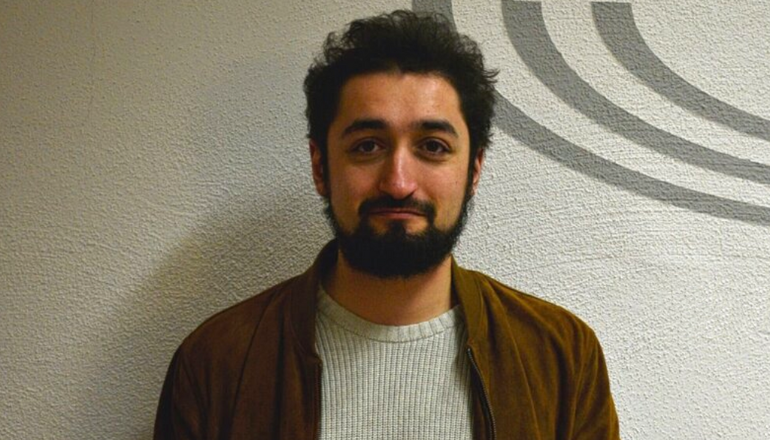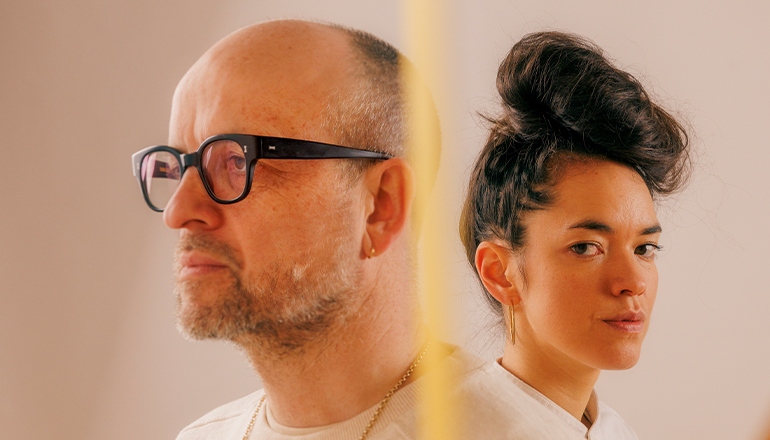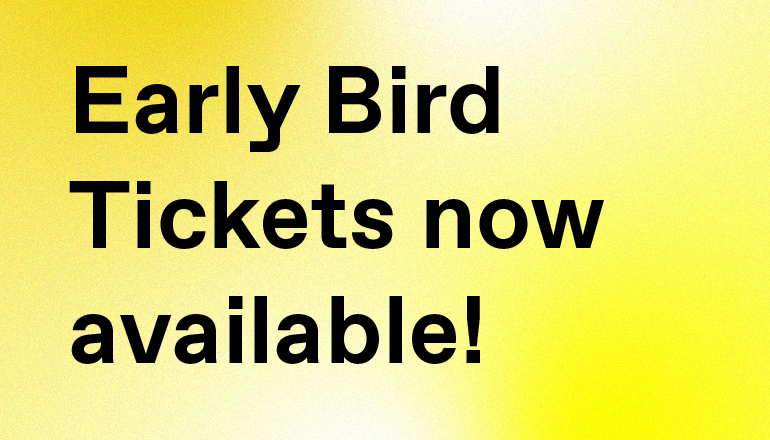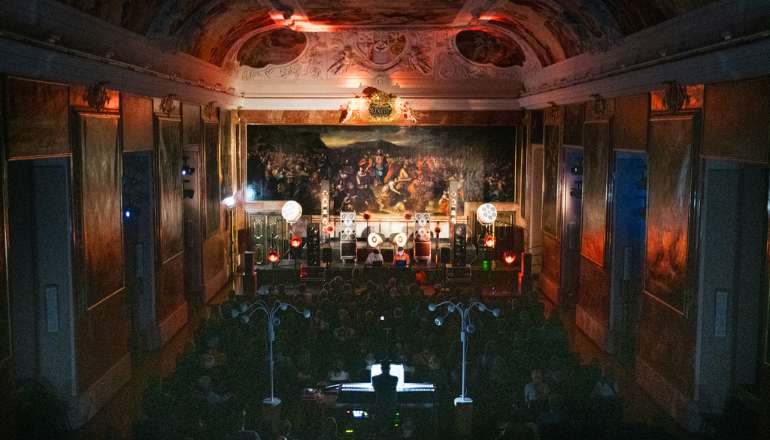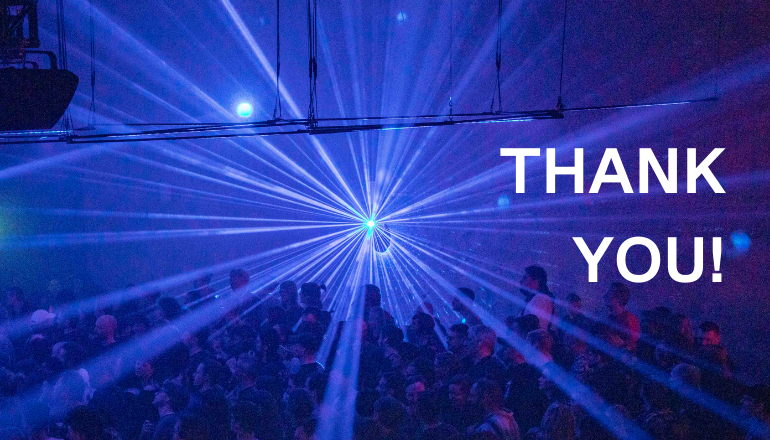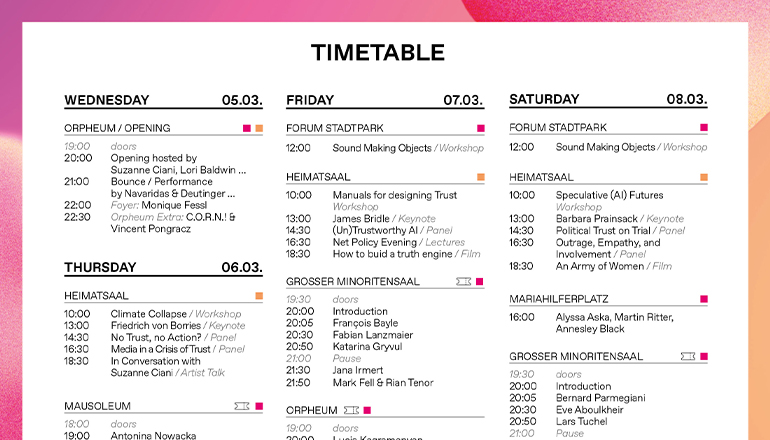Not a Question of Trust: Peace for Israel/Palestine
How can there be peace for Israel and Palestine? Rarely has this question seemed more hopeless than it does today. Many people who are not particularly familiar with the conflict attribute its apparent insolubility to a “lack of trust” between the two sides: If only “trust” were established, if both sides had come to know each other as fellow human beings, they could live together in peace.
In fact, this naive view is closer to the truth than the often one-sided takes which claim that the blame for the conflict lies entirely on one side, while the other is merely “defending” itself. Because the problem is indeed, especially in the current situation, largely symmetrical: broad segments of both societies cannot imagine living in peace with the other side. So, there really is a lack of trust.
In Israel, the prevailing feeling is that there is no partner for peace: the political forces on the Palestinian side are either practically or at least rhetorically united in their rejection of the Jewish state of Israel and determined to fight it to the end. On the Palestinian side, the belief is widespread that Israel does not want peace. Since the illegal founding of the Jewish state, there has been a consensus there to expand at the expense of the Palestinians. On both sides, these convictions — which emotionally often manifest as heightened vigilance toward the other side’s intentions — lead to the exclusion of any idea of equal coexistence.
Added to this are the terrible experiences of the past 105 years, and especially of the current war — the destruction of Gaza and increasingly also the West Bank on one side, and the massacre of October 7 on the other. As is well known from psychology, most people in situations where they feel personally threatened are no longer capable of empathy for the other side. Empathy is finite and simply no longer available. There is little one can do in the current situation to overcome this emotional mistrust; both sides believe the other wants to kill or expel them. And both can point to concrete evidence to back this up.
How can this zero-sum game be broken? There are several approaches: justice, dialogue, separation. The "justice" approach assumes that hatred will disappear through the reversal or healing of historical injustices. The idea of a "one-state solution" is largely based on this notion. However, conversations with people on both sides reveal that their concepts of "justice" are often diametrically opposed. Many Israelis currently view the displacement of the population of Gaza — in other words, ethnic cleansing — as a "just punishment" for October 7, and Israeli sovereignty "from the river to the sea" as "just" recognition of Jewish indigeneity in Eretz Israel after 2000 years of persecution. Palestinians, on the other hand, often dream of individualized reckoning for displaced Palestinians and their descendants with Israel and Israelis, and of the complete dismantling of Israeli society as a precondition for peace — or, among more radical forces, the near-total expulsion of the Jewish population. It is clear that these notions of "justice" will not lead to peace, only to the silence of the grave.
The second approach — also representing the broad consensus of the international community — is separation: the two-state solution. If both sides are spatially separated, if security from threat or harassment is ensured, then people and their perceptions can normalize. Peaceful coexistence would therefore first mean disentanglement — both sides being safe from each other — and only then, building the basis for living together: both sides living with each other. But this concept has failed for many reasons. Some of them are due to external interference or shortcomings at the political level — for example, the Islamic Republic of Iran's relentless attempts to block a peace solution, or the failed US mediation at the Camp David negotiations. The more significant reason, however, is that extremist actors on both sides have repeatedly sabotaged the idea of a two-state solution — for ideological reasons. On one hand, it is the aforementioned concepts of "justice" that equate fairness with victory over the other side. On the other hand, it is metaphysical self-images and images of the enemy: dividing the land is seen as a betrayal of Islamic duty, of God's command to establish Jewish rule over Eretz Israel, a betrayal of the “Arab cause,” appeasement of “Islam,” or a betrayal of the fight against global imperialism.
The third approach to building trust is the therapeutic one — peace through dialogue. For decades, psychologists, NGOs, and peace activists on both sides have tried to foster empathy and understanding through encounters, discussions, and the creation of shared spaces. This work is as vital as the air we breathe — the author himself is involved in it and deeply believes in its importance. But it has not yet led to peace. On one hand, equal dialogue under extremely unequal political conditions is difficult, particularly limiting the potential for empathy through dialogue on the Palestinian side, as dictated by the facts. Because dialogue cannot replace a political solution. On the other hand, dialogue — even when it does increase empathy — does not solve the problem of ideology identified in the two other approaches, justice and separation. Because empathy alone does not necessarily lead to a realistic idea of a future solution, let alone that dialogue approaches so far have only reached a small fraction of the populations.
All three approaches — justice, separation, dialogue — therefore share the same problem: they fail to deal successfully with ideology. Yet ideology is the main fuel of the conflict. One must tackle these ideologies to find a solution — unless there is a coordinated initiative to resolve the conflict externally (which currently seems unlikely). Ideologies are also more important than the already frequently mentioned negative emotions. It is true — as, for example, the Israeli series Fauda illustrates — that people on both sides are trapped in a spiral of revenge and violence. But ideologies shape how people view the possible way out of this spiral. What the "light at the end of the tunnel" looks like. Ideologies embody the "higher" ideals and “rational” positions of both sides, claiming to go beyond emotion.
And on both sides, ideologies are widespread — with roots in right-wing, left-wing, and religious thinking — that teach it is good and right to never trust the other side. Because it is Jewish, imperialist, colonial. Because it is Islamic, Arab, barbaric. The problem here is again less the existence of strong emotions, but rather ideologies that elevate these emotions to a supposedly higher and smarter level.
And for this seemingly insane position, the extreme actors on both sides have received so much applause and even love from the outside that these ideologies have not weakened in the slightest. On the Palestinian side, this involves Islamist movements such as the global Muslim Brotherhood, the Islamic Republic of Iran, or Salafi Jihadism.
Historically, brutal pan-Arabism with figures like Gamal Abdel-Nasser or Saddam Hussein played a central role, and since 1967, so too has the global Left, which views Palestine as the spearhead of the fight against Western imperialism. On the Israeli side, it’s about U.S. conservatism, the Christian right in North and South America, European right-wing populism, and increasingly also the Indian right and the authoritarian nationalism of the Arab Gulf states.
As a result, echo chambers have emerged in which both sides have repeatedly received enough positive feedback for sublimating their emotions — emotions born of an objective conflict — not into reconciliation, but into irreconcilable ideology. Racism and antisemitism are often seen more as virtues than problems in Israel and Palestine. The destruction of the enemy is seen as the royal road to peace — and thus as the morally righteous act.
As long as that remains the case, peace cannot arise. These ideologies would have to be disempowered in order for peace to become a real possibility. Both sides would have to be made to understand that the destruction of the enemy is not a legitimate political goal. That is, admittedly, an unattainable utopia, and there is currently no sign of it. But only then, in my opinion, could we begin to think about building real, empathy-based trust.
Tom Khaled Würdemann is a Middle East scholar at the graduate program Ambivalent Enmity of the Hochschule für Jüdische Studien and the University of Heidelberg. He is writing his dissertation on the Palestinian national movement and has been active for several years in education against racism, antisemitism, and extremism.
